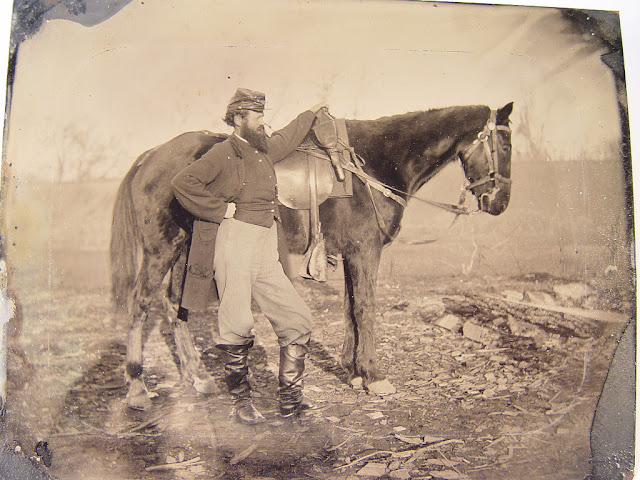Like Autumn Leaves Playing Before a Tornado: A Texan at Stones River
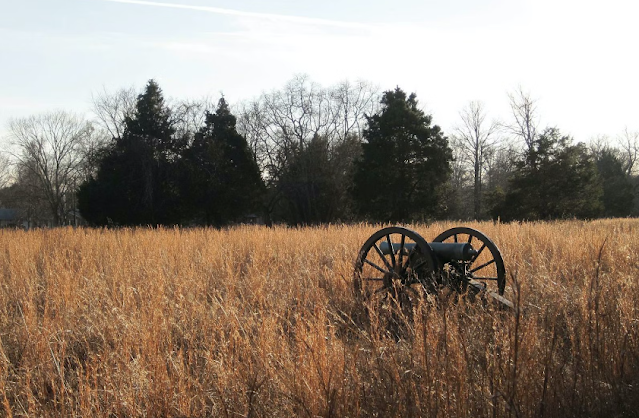
L ieutenant Colonel Joseph M. Bounds of the 11 th Texas Cavalry fought in the opening action of the Battle of Stones River on December 31, 1862, and escaped harm while officers all around him went down with wounds. To be sure, the command staff of the regiment was gutted: Colonel John Burks was mortally wounded, while the adjutant and sergeant major also went down in rapid order, leaving Bounds in command of the regiment. The Texan’s luck nearly ran out that afternoon when his regiment charged against a reinforced line of Federal artillery arrayed along the Nashville Pike. “At this time, the grape, canister shot, and bombs were flying like autumn leaves playing before a tornado,” he wrote after the battle. “I went into the second charge without the mark of a bullet about my person or horses and came out with 33 bullet holes: 28 in my blankets, 2 in my saddle bags, 1 in my curry comb, and 2 in my horse, one of them in her head which knocked her down. I left her for dead and charge


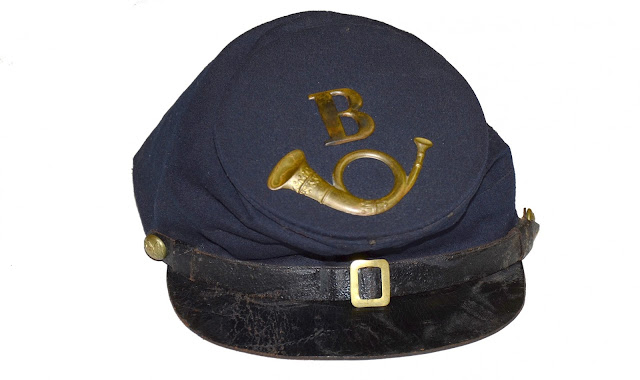

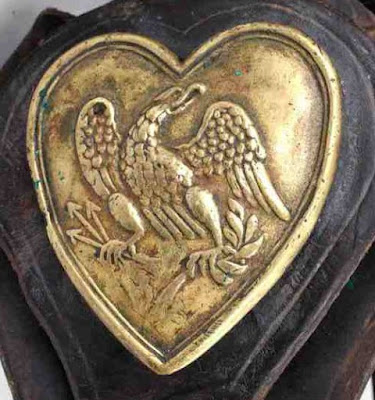

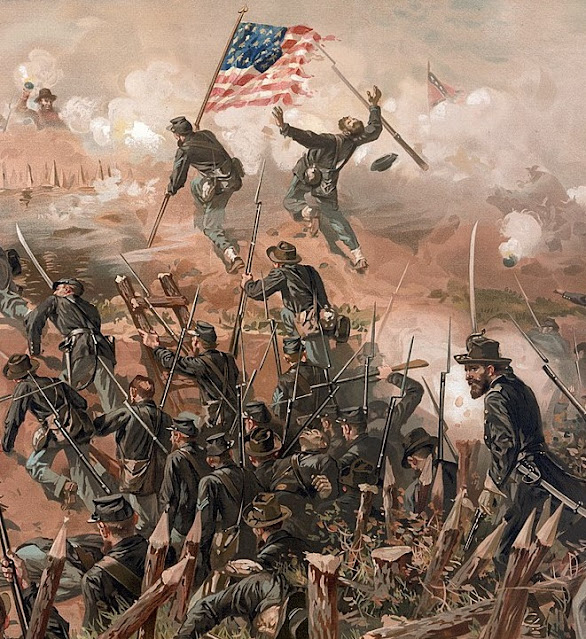
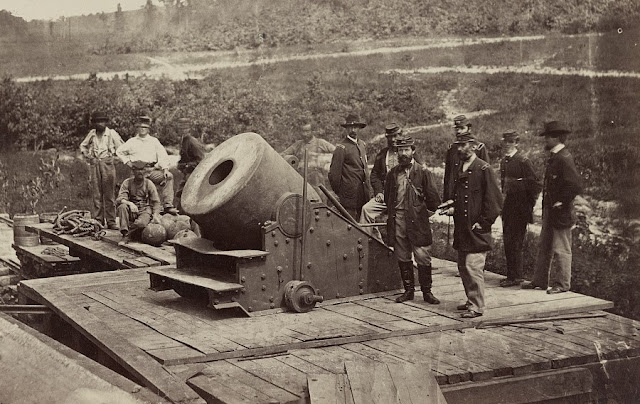

.jpg)

